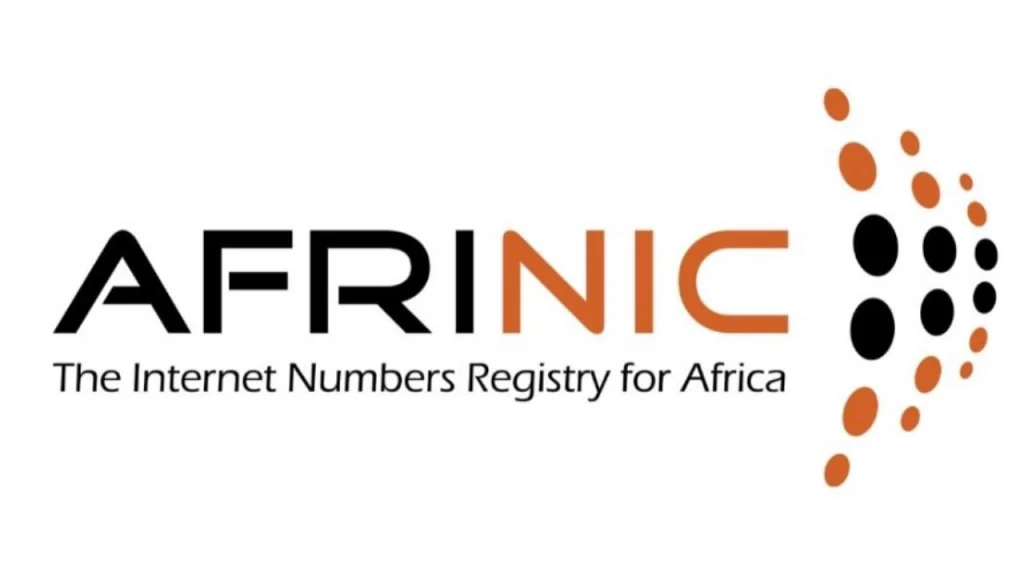- AFRINIC’s recent election controversy raises concerns over its ability to uphold constitutional integrity.
- Experts argue the latest developments signal a further collapse of AFRINIC’s already fractured governance system.
The African Network Information Centre (AFRINIC) is facing mounting scrutiny following a significant breach in its governance practices that threatens the integrity of its constitution. The controversy stems from the June 23 election, which was annulled over a dispute involving a single unverified proxy vote, resulting in the discard of valid votes and widespread concerns over the process’s fairness.
A governance crisis unravelling
AFRINIC’s inability to conduct a fair and transparent election has led many to question whether the registry can continue to be trusted to manage Africa’s IP resources. The annulment of the election and the erosion of trust in the governance system have underscored the “governance crisis” at the heart of the organisation. The standard for a democratic election has become “unworkable”, and the failure to resolve internal disputes through fair processes is contributing directly to AFRINIC’s collapse.
This crisis has raised alarms over the future of Africa’s digital infrastructure and connectivity, with experts pointing to the fact that this governance breakdown jeopardises the continent’s critical internet resources. The inability of AFRINIC to resolve the election dispute legally and constitutionally has resulted in questions about whether the organisation’s leadership is upholding its foundational governance principles or effectively sidelining its own constitution to maintain control.
Also Read: AFRINIC community raises concern over Smart Africa data breach
Also Read: Who really controls AFRINIC? Exploring stakeholder influence
Trust in governance at stake
The failure to respect the election process has, in turn, eroded trust in governance within the organisation. Experts argue that AFRINIC has violated its own constitutional procedures by overruling a court-approved election, further undermining its legitimacy. This breach of protocol is seen by many as a direct reflection of the organisation’s systemic mismanagement and governance breakdown.
The call for AFRINIC’s dissolution is gaining traction, with Cloud Innovation Ltd. — AFRINIC’s third-largest member — leading the charge for reform. They demand that ICANN and the Number Resource Organisation (NRO) immediately appoint a new Regional Internet Registry (RIR) for Africa, highlighting that AFRINIC’s internal dysfunction and failure to comply with its own constitution make its continued existence untenable.
This development represents a significant moment in Africa’s internet governance, as the African Union and other stakeholders may need to step in to guarantee that Africa’s IP resources are managed transparently and effectively. Experts warn that continued dysfunction at AFRINIC will continue to erode confidence in Africa’s ability to self-manage its internet resources, and the need for immediate reform is now more pressing than ever.

